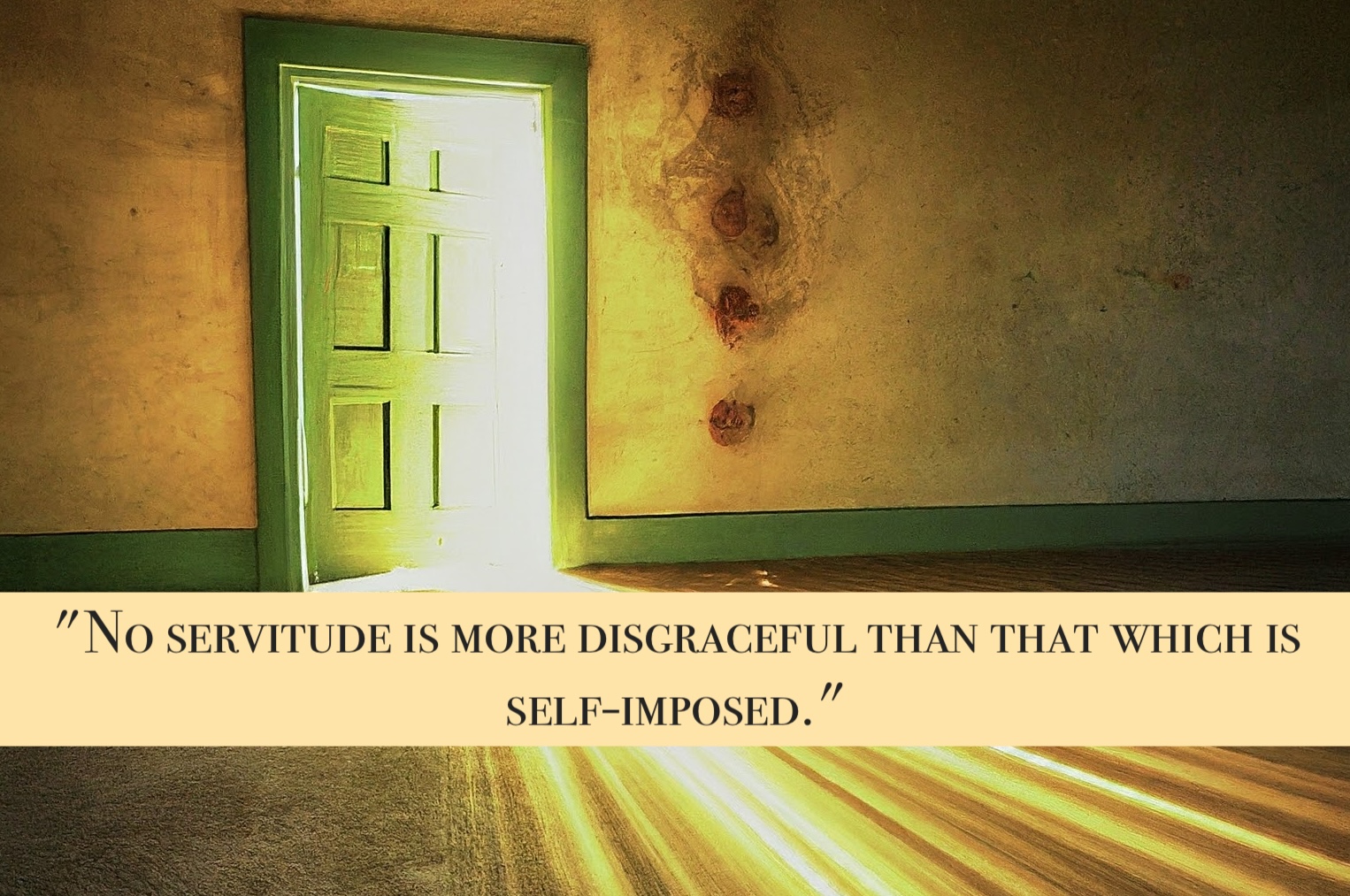Friedrich Nietzsche: The 19th Century Socrates? (IM 984)

Friedrich Nietzsche (Oct 15, 1844 - Aug 25, 1900), one of the most important philosophers in western thought, is known for his critics towards Christianity, morality and values in the Western world. His is an artistic, ruthless and a fascinating intellectual of the west. Known as a destroyer of Christianity, he not only called himself an Anti-Christ, but he also wrote a book called The Anti-Christ.
This 19th Century German philosopher is perhaps the most widely misinterpreted philosopher of our time and is considered as the "intellectual terrorist". His thoughts towards Christianity, Nihilism, existentialism, Übermensch, is really fascinating.
On the Death of God:
In one of his books, The Gay Science, he wrote of the most controversial and fascinating thing by declaring the death of God. He writes:God is dead. God has been dead; and we have killed him.After the declaring the death of God, he wrote a book Thus Spoke Zarathustra, to fulfill the void left by the Christianity. What is more interesting about this is that he wrote this book to replace The Bible in western world. There is a very eloquent passage in his work that Bertrand Russell talks about in A History of Western Philosophy which goes:
What is it that we combat in Christianity? That it aims at destroying the strong, at breaking their spirit, at exploiting their moments of weariness and debility, at converting their proud assurance into anxiety and conscience-trouble; that it knows how to poison the noblest instincts and to infect them with disease, until their strength, their will to power, turns inwards, against themselves—until the strong perish through their excessive self-contempt and self-immolation: that gruesome way of perishing, of which Pascal is the most famous example.
On Quest to Morality:
He does not stop here. In his book Beyond Good & Evil, he answers some of the most important question about human existence. In his book, he questions the basis of good and evil. His quest towards judgement on morality and human values is depicted in this book. He argues there are two kinds of morality: 1. Herd Morality and 2. Master's Morality. He contends that Herd Morality is the mentality of weak, feeble, enslaved and inferior person, which is caused by the faith towards religion. Not a new thing to describe morality by a person who is anti-religious. Furthermore, his ruthless thought does not end here. He says this Herd Morality inhibits the development of geniuses and creativity. He believes that Master Morality is the mentality of superior men, who makes judgement based on the strength not on the faith. he further argues, this master morality will lead to the highest type of human being. he writes:Good and evil is anti-natural. Mankind can be judged only by its highest example; the average human being has no value, whatever.In On The Genealogy of Morality, he talks about the "conscience" and its origin and why human beings are the only creature who has the conscience. He argues that human beings have a natural desire to oppress other people and take advantage of them. He further asserts that human attains pleasure by causing other people pain. This is the natural state of all living creature. But because of the classification of morality based on Good and Evil, human beings are forced to be good or not to do harm to other people. He further writes one of the most disturbing words in western world by saying that when humans are frustrated that they can't cause pain to other people, they decide to start imposing pain to themselves and this pain is called "conscience". These words are hard to swallow, but what if he is right?
On Übermensch & De-constructing the Values:
Nietzsche's philosophy contemplates the meaning of values and their significance to human existence. In his book, Thus Spoke Zarathustra, he talks about the Übermensch. Übermensch, according to him is a superhuman that creates his own meaning and values without reference to outside influence. He does this by de-constructing the values and inventing his own meanings. According to him, there are only few people who reached to this level, and they are Julius Caeser, Napolean Bonapart, Buddha and Goethe. In his book, The Will to Power, he writes:That the highest values devaluate themselves. The aim is lacking; 'why?' finds no answer.He further goes on by suggesting to embrace the difficulty of self-discovery. In one of his essays, Schopenhauer as Educator, he argued that if someone wishes to be somebody in this life, to maximize their potential, they need to take difficult path, which often leads to isolation. He writes:
He who has the why to live for can bear almost any how
On Amor Fati:
During suggesting a way to live, Nietzsche talks about loving the life we are living. Amor Fati, the love of the fate is Nietzsche most fascinating idea, and he believes it offers the great solace when we most need it. To love your fate means to love everything that happens to us: the good, the bad, and the ugly has contributed to who we are and what we are doing at this very moment. Inspired by this ancient philosophy of "Amor Fati", Nietzsche in his book The Gay Science, he writes:I want to learn more and more to see as beautiful what is necessary in things; then I shall be one of those who make things beautiful. Amor Fati: let that be my love henceforth! I do not want to wage war against what is ugly. I do not want to accuse; I do not even want to accuse those who accuse. Looking away shall be my only negation. And all in all, and on the whole: someday I wish to be only a Yes-sayer.In his Autobiography "Ecce Homo", he writes:
My formula for greatness in a human being is Amor Fati: that one wants nothing to be different, not forward, not backward, not in all eternity. Not merely bear what is necessary, still less conceal it—all idealism is mendacity in the face of what is necessary—but love it
On Nihilism:
“Nihilism is…not only the belief that everything deserves to perish; but one actually puts one shoulder to the plough; one destroys.” - NietzscheThe idea of meaningless world goes when Nietzsche writes "Everything lacks meaning." He also declares that the suffering has no meaning. The world is moral chaos. The idea that suffering has meaning just makes suffering infinitely worse. Nietzsche after his loss of faith, wrote to his sister, “if you wish to strive for peace of soul and pleasure, then believe; if you wish to be a devotee of truth, then inquire.” In "The Will to Power" he writes:
Every belief, every considering something true, is necessarily false because there is simply no true worldFor Nietzsche, there is no objective order or structure in the world except what we give it. His declaration of the death of the God is also one of his nihilistic approaches to describe the world. According to his, the Übermensch is the one who passes the Nihilism and gets on the other side. He emphasizes that nihilism is merely a means to an end, and not an end in itself. Friedrich Nietzsche diagnosed the essence of the mortal crisis of our time. Like it or not, he forces us to question the very foundation of element of the culture we live in. He forces us to ask ourselves uncomfortable questions like Socrates did back in 4th Century BC. Nietzsche's demand to question our own convictions and to make self-criticism makes him the New-Socrates.




Leave a Reply
You must be logged in to post a comment.